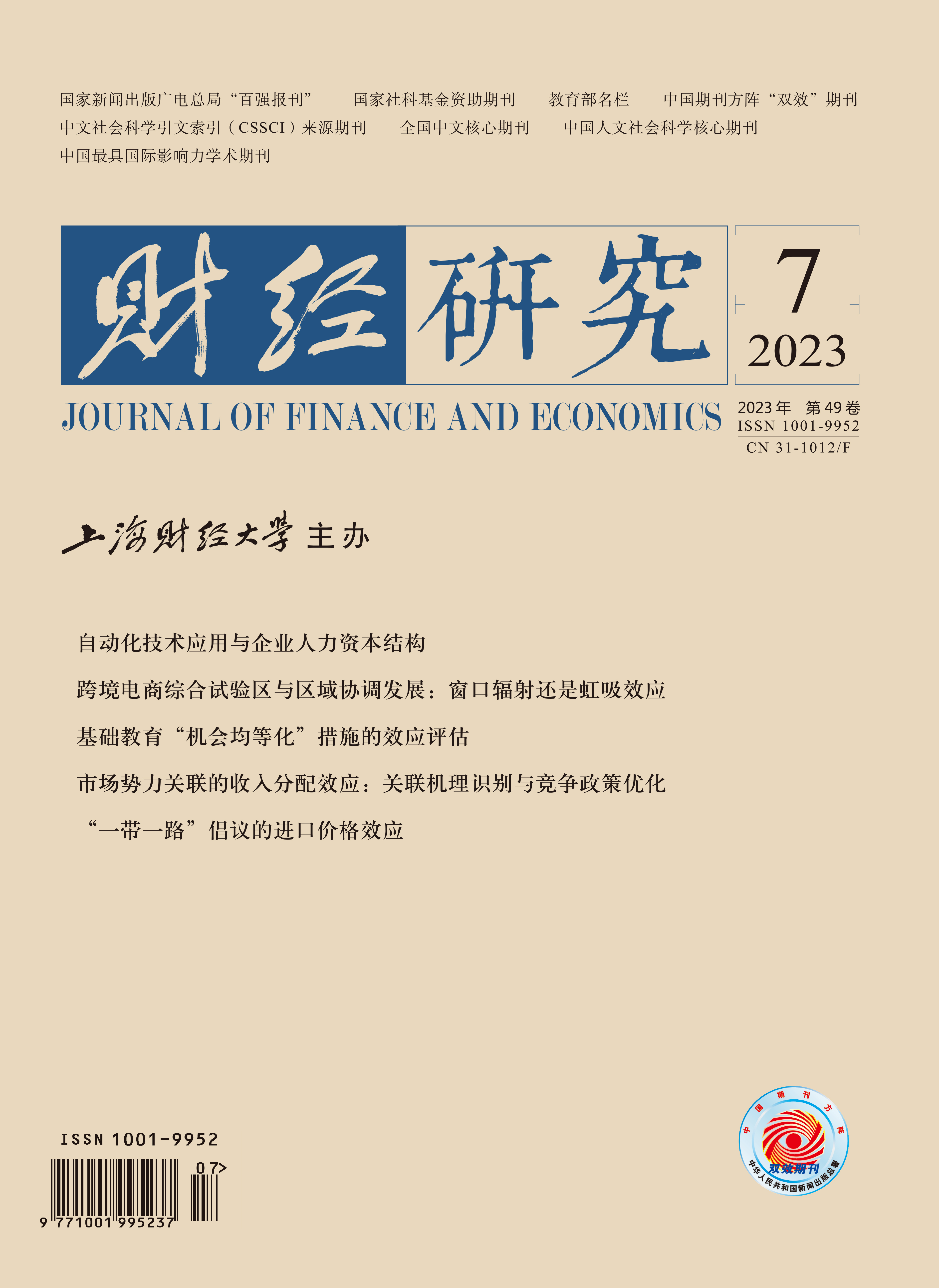Enterprise digital transformation is the micro basis of the implementation of the national big data strategy. The big data, digitalization, and ubiquitous computing emphasized by the digital economy have changed the traditional decision-making and governance paradigm, and further touched the ethical relational governance and social-emotional foundation of family firms. Therefore, there is an urgent need to study the tense relationship, mechanism, and adaptive strategy between the personalization characteristics of emotional wealth and the depersonalization essence of digital technology that family firms value.
Based on the historical-comparative perspective of the interaction between socio-emotional wealth and technological change, this paper uses the sample survey data of 24,832 firms in 2020, and finds that: From the dimension of basic relationship mechanism, due to family social-emotional concerns, the degree of digital transformation of family firms is lower than that of non-family firms, and the higher the proportion of family holdings, the more serious the situation is, but the development of a cross-generation succession plan is conducive to digital transformation. From the perspective of adaptation mechanism, the improvement of a formal governance system and the introduction of state-owned capital can bridge the “digital divide” by constraining family emotional goals and introducing heterogeneous resources. Meanwhile, the impact of the epidemic further stimulates the personal advantages of resilience and emotion of family firms, forcing them to realize digital transformation. Further analysis shows that state-owned capital and formal governance mitigate the adverse impact of insufficient local policy support, inadequate government services, and lacking digital talents on enterprise digital transformation.
The main contribution of this paper is that: It systematically discusses the digital divide of family firms’ digital transformation and the bridging mechanism, innovatively distinguishes the impact of different SEW dimensions on family firms’ digital transformation, and carries out a systematic contextual heterogeneity test on the relationship between family firms and digital transformation at three levels: governance change, social bond, and emotional resilience.
This paper suggests that: Family firms should actively set up the formal governance system of “three boards”, make full use of social bonds to actively introduce state-owned capital, and seize their advantages of resilience and adaptability to better cope with the wave of digital transformation. The government should actively guide family firms and hire experts to provide technical training, encourage the second generation of families with overseas background and digital technology background to inherit family firms or return to their hometown to start a business, strengthen the hardware construction of local digital infrastructure, and provide financial subsidies and introduce digital talents.





 8394
8394  9768
9768

